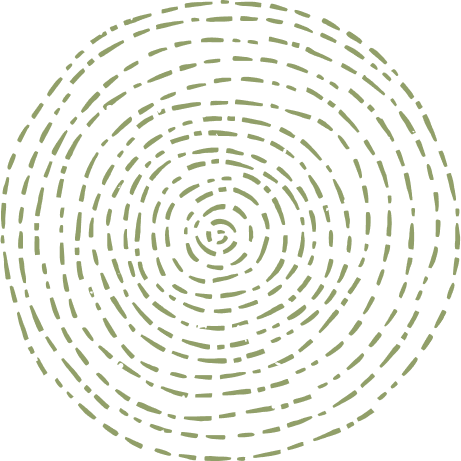Sabi Sabi stargazing
The majority of people who live in cities are unable to observe the beauty of the night sky because light pollution prohibits any form of star-gazing. Naturally then, one of the highlights for many of our guests is a chance to observe the unobstructed splendour of the Milky Way.
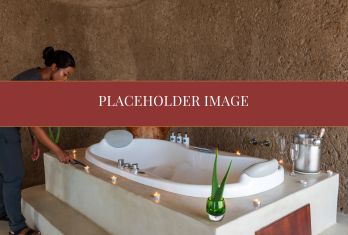



Your Experience / Highlights

Prime location for exceptional viewing.
Sabi Sabi's prime location, well away from city lights, means boundless stargazing opportunities, regardless of the season. Most winter nights are cloudless and thousands of stars are visible to the naked eye. Our trained rangers provide enlightening and entertaining commentary about the southern hemisphere constellations, most notably the magnificent Southern Cross (or Crux to use the formal term). Too far south to be viewed by latitudes north of 25°, this constellation was for centuries a sailor's navigational best friend once they crossed the Equator.


Tailored experience
All stargazing at Sabi Sabi is tailored to our guests' requests - either by the ranger whilst on evening safari, or by one of our senior rangers who can set up a telescope and together with the use of sky maps and a laser pointer take you on a dedicated sky safari. Stargazing is always weather permitting and subject to conditions of operations. Requests can be made and will be considered accordingly.

Stargazing in Winter
Winter stargazing (May - August) covers constellations such as Scorpius, Sagittarius, Libra, Canis Major and Minor, Crux with its jewel box and coal sack, the Large Magellanic Cloud and any planets that are above the horizon at the time; Saturn, Jupiter and Venus being the most common. Jupiter is of particular viewing interest to many guests as through a relatively small telescope its four closest satellites can be clearly seen. Sirius, the brightest star in the night sky, is also a firm favourite; its name coming from the ancient Greek meaning 'glowing' or 'scorcher' due its incredible luminosity.


Stargazing in Summer
Summer stargazing (September - April) can be equally rewarding although cloud cover may occasionally interrupt viewing. Typical constellations seen in summer are the Pleiades, commonly known as the Seven Sisters, the great hunter Orion - viewed upside down in the southern hemisphere - Taurus the bull and Gemini the twins. In local culture the Pleiades is known as the 'digging stars' as it signals the time of year for the planting of crops. Orion is most easily located by his right 'shoulder star' a massive red giant called Betelguese.
Your gateway to the wilderness







Choose how you want to explore nature’s many gifts
Be it a game drive, going on a birding safari, or exploring the bush on foot – there are so many ways in which to appreciate Africa’s untamed wildlife

